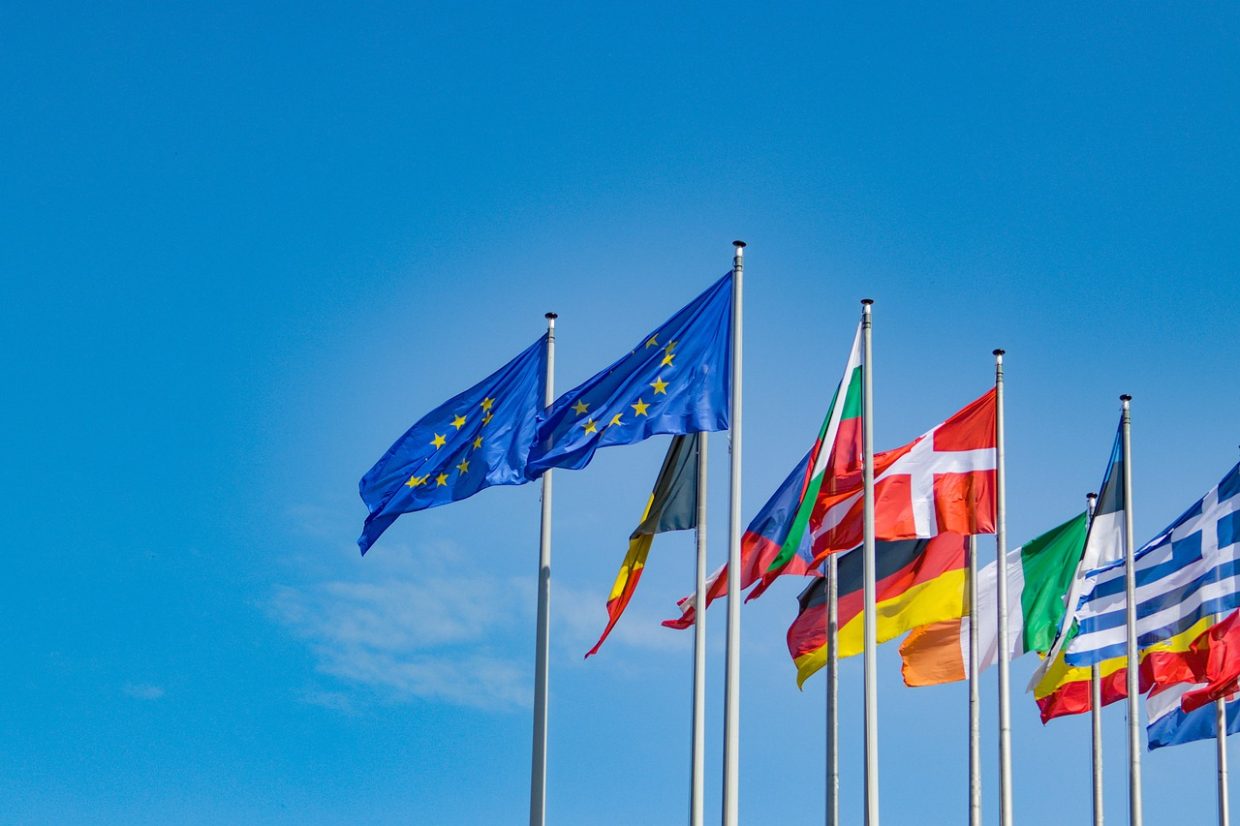EU Secures Agreement on Groundbreaking AI Regulations

European Union negotiators successfully reached a deal on Friday regarding the world’s initial comprehensive artificial intelligence protocols. The agreement lays the foundation for legal supervision of technology employed in widely-used generative AI platforms like ChatGPT, which has the potential to revolutionize daily life while simultaneously raising concerns about potential existential threats to humanity.
European Parliament representatives and the 27 member nations of the bloc were able to reconcile significant disparities on contentious subjects such as generative AI and law enforcement use of facial recognition surveillance. This resulted in the signing of a preliminary political agreement for the Artificial Intelligence Act.
European Commissioner Thierry Breton announced the accomplishment on Twitter with a simple, “Deal!” “The EU becomes the very first continent to set clear rules for the use of AI,” he added.
Given the stringent negotiations, officials released limited details concerning the precise contents of the impending law, which is not predicted to take effect until at least 2025. While under pressure to secure a political triumph for the landmark legislation, it’s likely that additional discussions will be required to iron out the fine print, potentially involving further confidential political negotiations.
The EU has been at the forefront of establishing AI boundaries globally ever since it revealed the initial draft of its regulatory guidelines in 2021. The recent proliferation of generative AI, however, prompted European officials to urgently update a proposal intended to serve as a model for the rest of the world.
Despite the deal, the European Parliament still needs to give its approval next year. However, this is anticipated to be a procedural formality following the Friday agreement, according to Italian lawmaker Brando Benifei, who is co-leading the parliament’s negotiating efforts.
Generative AI systems like OpenAI’s ChatGPT have captured the world’s collective imagination, with their capacity to produce text, images, and music reminiscent of human creations. Nonetheless, this rapid advancement in technology has raised concerns surrounding potential threats to employment, privacy, copyright protection, and even human life.
Although the U.S., U.K., China, and global democratic alliances such as the Group of 7 have introduced their own proposals to regulate AI, they are still in the process of catching up to Europe.
According to Anu Bradford, a professor at Columbia Law School specializing in EU and digital regulation, rigorous and all-encompassing regulation by the EU can set a compelling example for numerous governments considering similar measures.
Critics, however, have expressed fears that the agreement was rushed into effect.
“Today’s political deal marks the beginning of important and necessary technical work on significant details of the AI Act, which are still lacking,” stated Daniel Friedlaender, head of the European office of the Computer and Communications Industry Association, a technology industry lobbying group.
The AI Act: Key Provisions and Timelines
Initially aimed at addressing the threats posed by specific AI functions based on their level of risk, the AI Act ultimately expanded to include foundational models, the sophisticated systems that form the foundation for general-purpose AI services such as ChatGPT and Google’s Bard chatbot.
Referred to as large language models, these systems are trained on extensive collections of written works and images extracted from the internet. They offer generative AI systems the capability to create novel content, unlike traditional AI, which processes data and completes tasks based on predefined instructions.
Under the terms of the compromise, the most advanced foundational models that impose the greatest “systemic risks” will face heightened scrutiny, including demands for increased disclosure, such as the amount of computing power utilized in training the systems.
Experts have warned that these powerful foundational models, developed by a few major tech companies, could be employed to intensify online disinformation and manipulation, cyber offensives, or even the production of biological weapons.
Rights organizations also caution that the absence of transparency regarding data used to train these models poses risks to daily life, as they serve as fundamental structures for software developers creating AI-powered technologies.
The most contentious issue centered on AI-powered facial recognition surveillance systems, with negotiators ultimately arriving at a compromise after intense deliberations.
European lawmakers proposed a complete ban on public deployment of facial scanning and other forms of “remote biometric identification” because of privacy concerns, while member countries’ governments sought exceptions to permit authorities to utilize these technologies in addressing offenses such as child exploitation and terrorism.
Benifei stated that while there were concessions regarding some exemptions, they will be subjected to rigorous scrutiny. “I didn’t expect to get such a good deal,” he added.’





